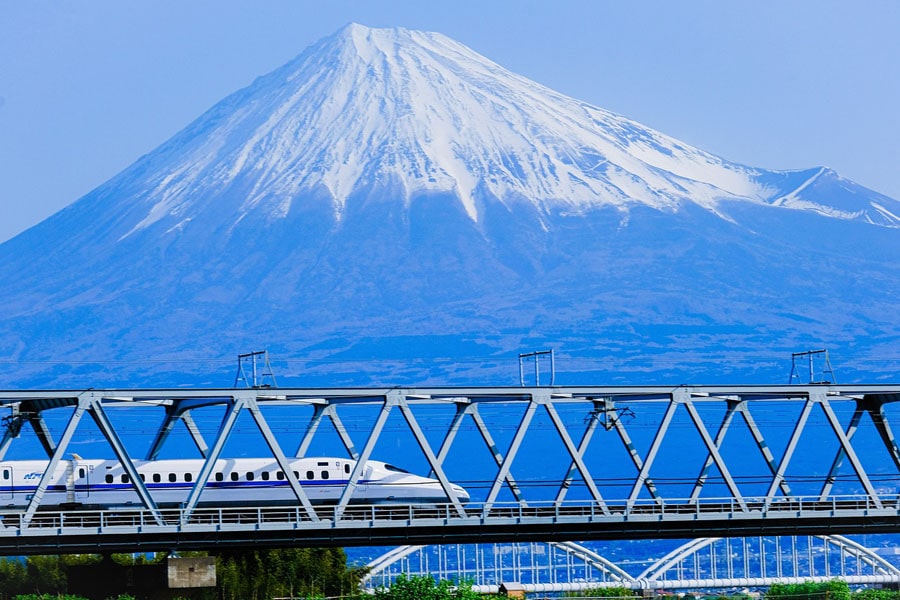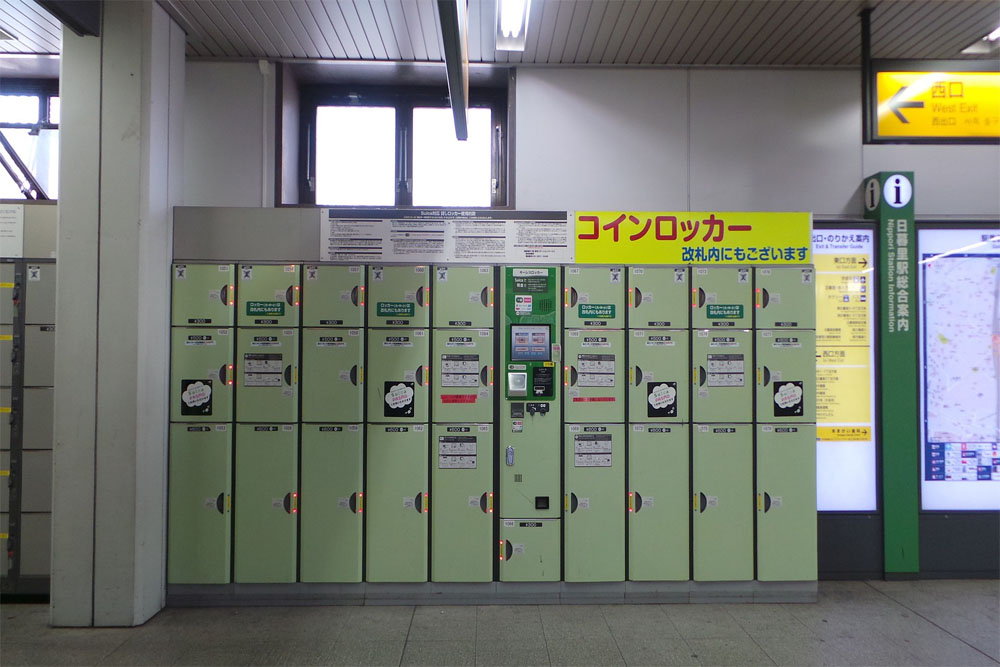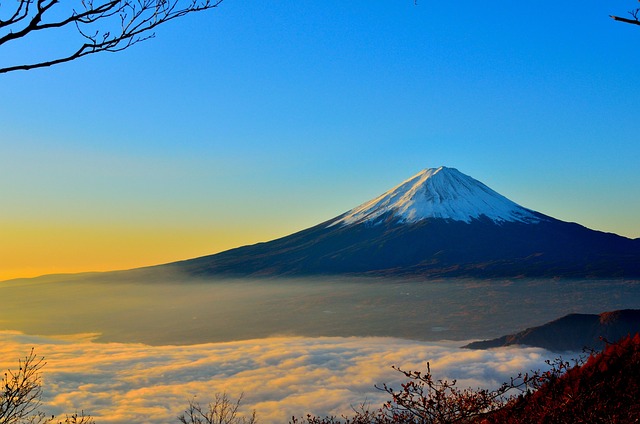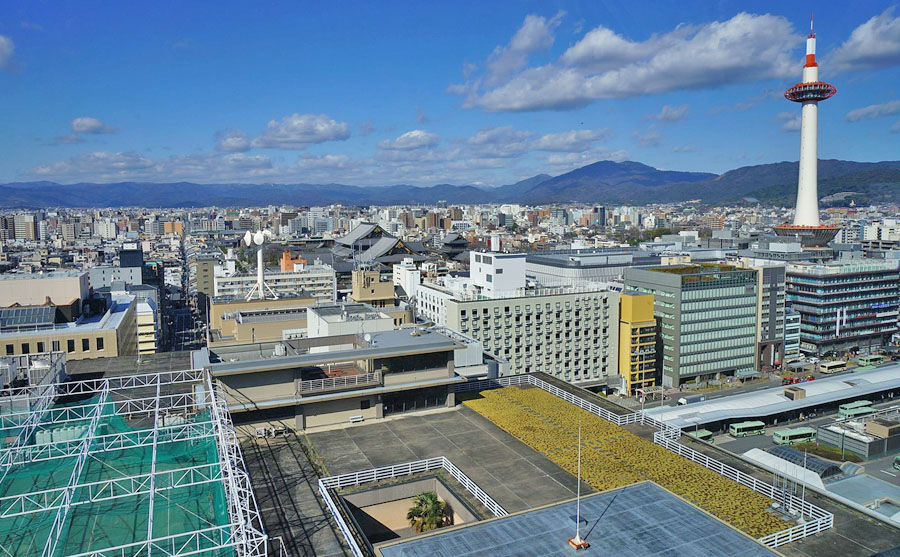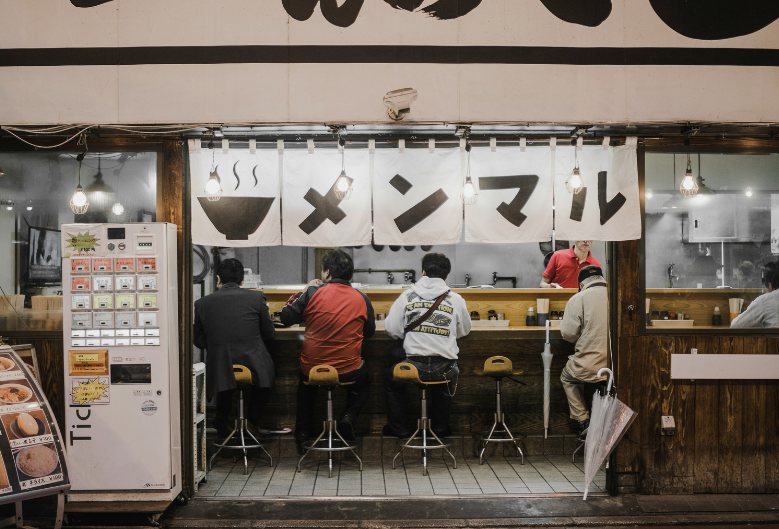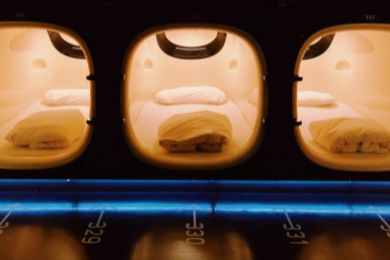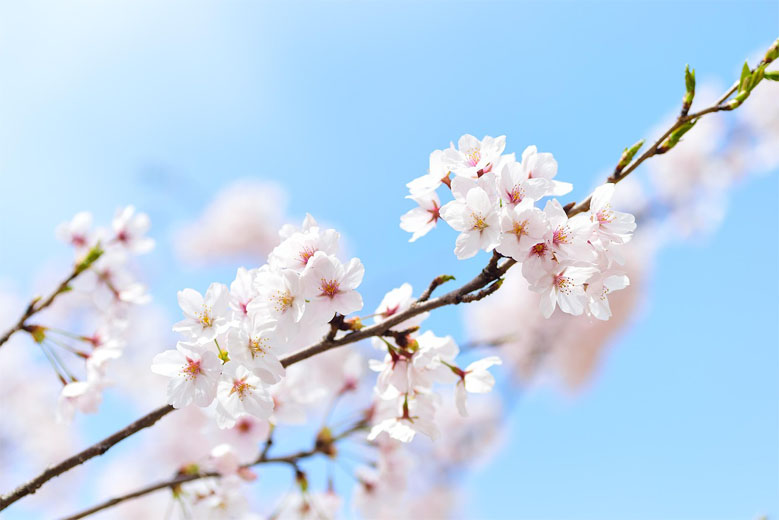
In recent years, Kyoto has faced growing challenges with tourism—specifically with so-called “feral tourists” who lack basic decency and respect for local culture. Among the most affected are Kyoto’s Geisha, or Geiko as they are traditionally known in Kyoto. These women have long stood as cultural icons, representing grace, beauty, and a mysterious elegance that continues to fascinate both visitors.
While the role of the modern-day Geisha has evolved from their historical duties, they remain highly trained artists, skilled in traditional music, dance, tea ceremony, and refined conversation. For centuries, they have been admired and respected members of Kyoto’s cultural fabric. Unfortunately, the rise of mass tourism has brought a darker side: intrusive visitors who chase, harass, and treat them as if they were little more than photo props.
Not every tourist misbehaves, far from it. Most visitors to Kyoto are respectful and eager to learn and explore the city. But it only takes a loud, disruptive minority to tarnish the experience for everyone else. These individuals often ignore local etiquette, block narrow streets with crowds, shove cameras in Geisha’s faces without permission, and in some cases, even grab their kimono sleeves or try to follow them into private establishments. In 2019, authorities stepped in to regulate the historic Gion district—the heart of Kyoto’s Geisha culture—introduced new regulations banning photography on private streets and imposing fines for harassment. Despite this, the problem persists.
To help you not be a S#!t tourist, we’ve put together a list of basic rules to follow when explore the Gion District of Kyoto, and avoid making these simple mistakes.
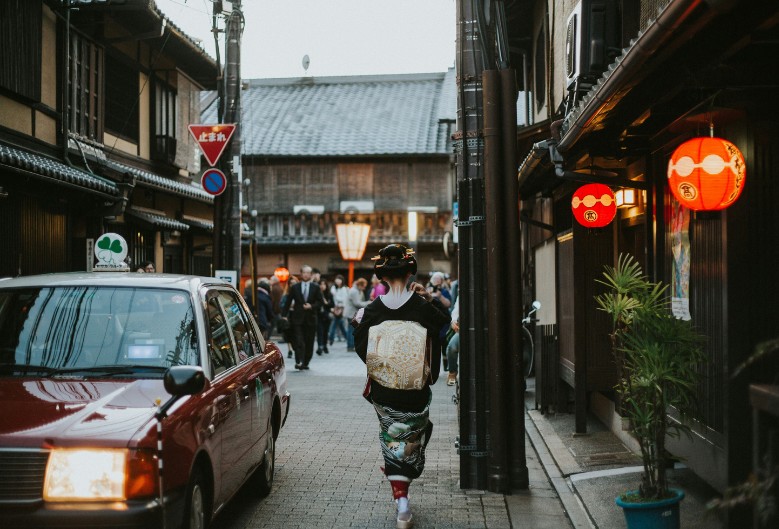
Don’t Treat Geisha Like Tourist Attractions
Geisha and Maiko are working professionals, not performers for the streets. If you see them, admire from a distance; never block their way, grab their clothing, or demand photos.
Keep in mind these Geisha and Maiko are going to and from home, and work. We’re sure you wouldn’t appreciate someone taking photos of you from the second you leave your house in the morning, until you head home for the night.
Ask Permission Before Taking Photos
In Gion and other traditional neighbourhoods, some streets ban photography altogether. Even in public areas, always ask politely before snapping a photo of locals, especially Geisha.
However, there are some occasions where you might be presented with a photo opportunity. In which case, it’s a general rule of thumb to ask for permission politely, and respect their answer.
Helpful phrase to learn;
Pronunciation: Sumimasen, shashin o totte mo ii des ka?
Meaning: Excuse me, may I take your picture?
Pronunciation: Arigatou gozaimasu
Meaning: Thank you.
Possible Responses:
Yes: The Geisha/ Maiko might smile, nod, or say はい (hai) / “Yes.” If so, thank her warmly: ありがとうございます (arigatou gozaimasu).
No: More often than not, especially if she is on her way to an appointment, she will politely decline, perhaps with a small bow and a phrase like ごめんなさい (gomen nasai ), meaning “sorry”. If this happens, simply bow, smile, and step aside to let her continue.
Support Geisha Culture the Right Way
Rather than bombarding Geisha and Maiko on the street, consider booking a cultural experience, such as a tea ceremony, dance performance, or dinner with a Maiko through an authorized venue. This way, you support the tradition while enjoying it appropriately.
Stay on the public roads, and keep your voice down
Many alleyways in Gion and other areas are private property. Respect the signs, and avoid wandering into areas marked as restricted.
Furthermore, Kyoto’s historic districts are often residential, with narrow streets and traditional wooden houses. Loud conversations, shouting, or playing music disturbs the atmosphere and the people who live there.
Explore More Stories
Japan Rail Pass | Travel Tips
Unlock Japan with the Japan Rail Pass
Where to Store Luggage in Japan
Your guide to travelling Japan unincumbered
Cycling in Japan – What you might want to know
General rules of thumb for cycling in Japan
Frequently Asked Questions About Japan
Most commonly asked questions
2 Days in Kyoto – Kyoto Itinerary
Ideas for your 2-day trip to Kyoto
Getting to Japan – International Airports | Travel Tips
Your guide to Japan's major airports
Discover Japan with the JR Pass
Discover Japan like never before with the Japan Rail Pass (JR Pass), your ticket to seamless travel across the Japan. Unlock the full potential of Japan’s extensive rail network, renowned for its punctuality, comfort, and convenience.
Discover Japan like never before with the Japan Rail Pass (JR Pass), your ticket to seamless travel across the Japan. Unlock the full potential of Japan’s extensive rail network, renowned for its punctuality, comfort, and convenience. Read More…
Forget the hassle of purchasing individual tickets for every journey. The JR Pass offers exceptional value for money, available in flexible durations ranging from 7 to 21 days, allowing you to tailor your travel experience to suit your itinerary. Read More…

